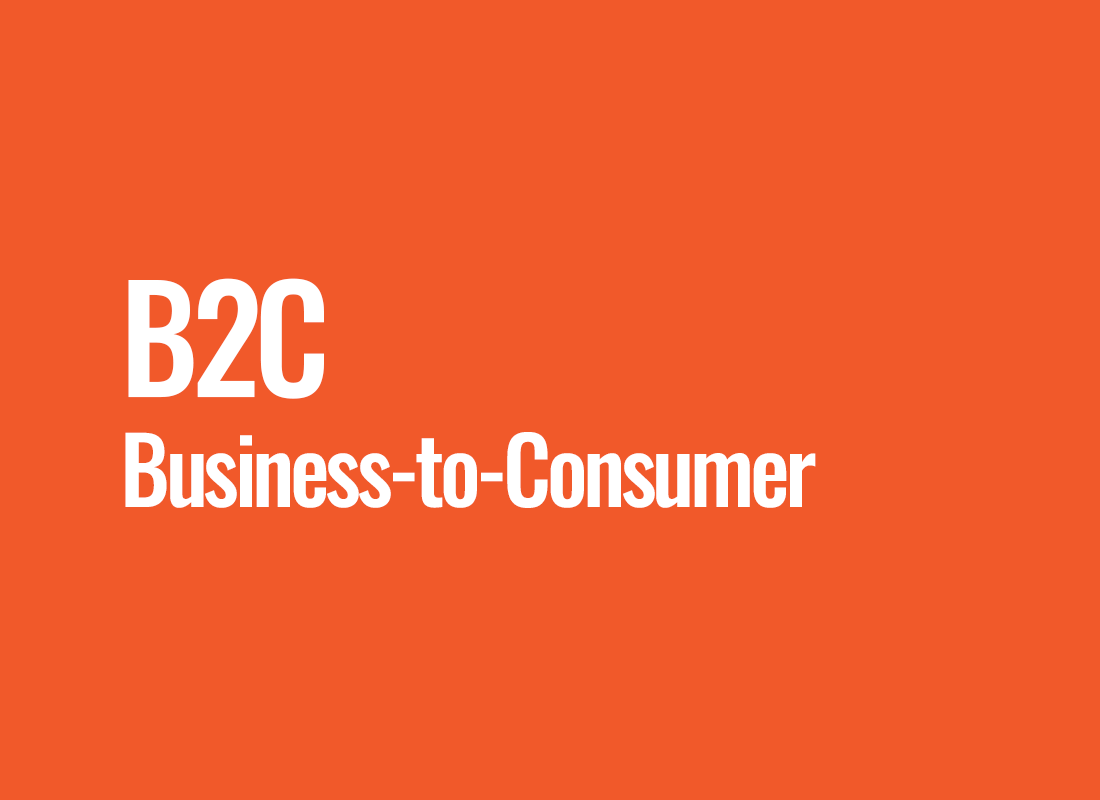B2C (Business-to-Consumer)
B2C, or Business-to-Consumer, refers to a business model where companies direct their products and services directly to end consumers. This is a system in which transactions occur between businesses and individuals, rather than between two businesses. With globalization, the expansion of digital technology, and the growing popularity of online shopping, the B2C model has gained immense popularity, becoming a key pillar in many market sectors. However, today's approach to B2C goes beyond a mere sales transaction, encompassing the full spectrum of customer experiences, from identifying the need, through the purchase, to after-sales service.
Effective Customer Communication
In the digital age, customers expect to be treated as individuals, not as anonymous consumers. Through the B2C model, companies have the opportunity to directly engage with the end consumer, enabling more personalized communication. This kind of communication allows for a better understanding of the consumer's needs, preferences, and expectations. As a result, personalized offers and advertisements can enhance the efficiency of marketing campaigns, benefiting both the company and the consumer.
Transparency and Accessibility
We live in a world where access to information is at our fingertips. Customers have not only broad access to products and services but also to the opinions of other consumers. That's why it's crucial for companies to ensure transparency in their operations and communication. The modern consumer wants to know what they are buying, where the product comes from, and the terms of the purchase. Their expectations also concern simplicity and intuitiveness of shopping. This means companies must not only deliver a valuable product but also ensure a smooth and enjoyable purchasing process.
Adapting in a Rapidly Changing Environment
The B2C market is extremely volatile. Trends change day by day, and technologies evolve at a daunting pace. Companies that want to succeed in such an environment must be ready for swift adaptation. This means continuous market monitoring, consumer data analysis, and innovation introduction. It can often also mean bold business decisions such as rebranding or launching a new product. However, only those enterprises that are flexible and ready for change will be able to survive in the competitive world of B2C.
Endless Opportunities with B2C
The B2C business model, with its deep focus on individual needs and expectations of consumers, has become a cornerstone of modern commerce. Its strength lies not only in transaction simplicity but most importantly in the ability to adapt to a continuously evolving market. In today's times, where consumers are more informed, demanding, and value-oriented, merely offering a product is not enough. The key is to deliver unforgettable experiences that distinguish a company from competitors, and to create products and services that genuinely solve customers' problems.
Consumer trust today is one of the most valuable assets for a business. In an era where data is the new gold, transparency, ethics, and authenticity in operations are paramount. Companies that effectively operate in the B2C model realize that every touchpoint with the customer, from the website to customer service, matters. Authentic relationships and trust, built through honest and open communication, lead to long-term customer loyalty and competitive advantage.
Looking at the B2C market, it's clear that its development dynamics are not slowing down. Technology, innovations, and changing consumer behaviors lead to constant redefinition of what "excellent customer experience" means. Companies that are flexible, open to change, and ready to invest in research and development, lead the market by driving innovation. It's crucial for companies to have a vision for the future, which not only adapts to current market needs but also anticipates future requirements and expectations. Companies capable of understanding and meeting these expectations have a promising future in the B2C world.




